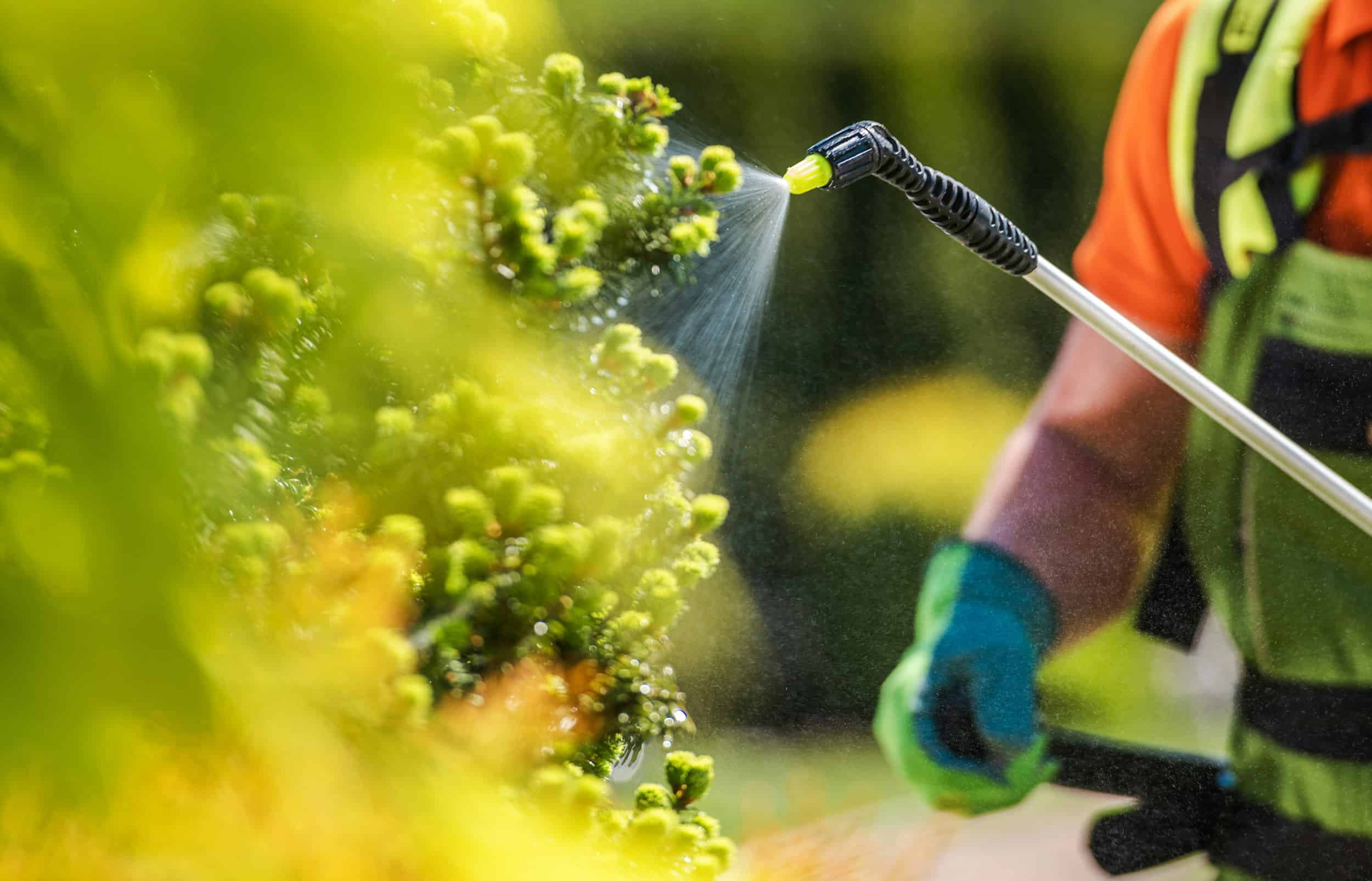Introduction: Embracing Sustainable Lawn Care
In recent years, the demand for sustainable and eco-friendly lawn care has grown significantly, especially in urban areas like Kansas City, MO. As homeowners become more environmentally conscious, they seek methods that not only maintain the beauty of their lawns but also contribute positively to the environment. Sustainable lawn care practices are not just a trend but a necessary shift towards preserving our planet’s health. This article explores various eco-friendly lawn care practices that residents of Kansas City can adopt to ensure their lawns are lush, green, and environmentally friendly.
Understanding the Importance of Eco-Friendly Lawn Care
Eco-friendly lawn care is essential for several reasons. First, it reduces the environmental impact of traditional lawn care methods, which often involve harmful chemicals and excessive water usage. By adopting sustainable practices, homeowners can significantly reduce their carbon footprint. Additionally, these methods contribute to healthier soil, increased biodiversity, and the conservation of local wildlife.
Reducing Chemical Usage
One of the primary steps in sustainable lawn care is minimizing the use of chemical fertilizers and pesticides. Instead, homeowners can opt for organic fertilizers, which are made from natural materials and are less likely to harm the environment. Organic fertilizers improve soil health by enhancing its structure and promoting beneficial microbial activity. For more on effective fertilization, see this guide.
Water Conservation Techniques
Water conservation is another crucial aspect of eco-friendly lawn care. In Kansas City, where summers can be hot and dry, efficient water usage is vital. Homeowners can implement practices such as:
- Installing rain barrels to collect rainwater for lawn irrigation.
- Utilizing drip irrigation systems to minimize water wastage.
- Watering lawns early in the morning or late in the evening to reduce evaporation.
Native Plant Selection for Kansas City Lawns
Choosing native plants for your lawn is a key component of sustainable landscaping. Native plants are adapted to the local climate and soil conditions, requiring less water and maintenance. In Kansas City, some popular native grasses and plants include:
- Buffalo grass
- Blue grama
- Purple coneflower
- Black-eyed Susan
These plants not only thrive in the local environment but also support local pollinators such as bees and butterflies. Learn more about top grass varieties for lush Midwest lawns.
Composting: A Natural Fertilizer
Composting is an excellent way to recycle organic waste and enrich your lawn. By composting kitchen scraps and yard waste, homeowners can create a nutrient-rich soil amendment that enhances lawn health without the need for synthetic fertilizers. Composting also reduces landfill waste, making it a win-win for the environment.
Maintaining Lawn Health Through Proper Mowing Practices
Proper mowing techniques are essential for maintaining a healthy lawn. Here are some eco-friendly mowing tips:
- Keep mower blades sharp to ensure clean cuts and reduce lawn stress.
- Set the mower height to leave grass longer, which promotes deeper root growth and reduces water needs.
- Leave grass clippings on the lawn to decompose and return nutrients to the soil. For more mowing tips, check out this article.
Soil Health: The Foundation of a Sustainable Lawn
Healthy soil is the foundation of any thriving lawn. To improve soil health, homeowners can:
- Conduct soil tests to understand nutrient needs and pH levels.
- Incorporate organic matter such as compost to enhance soil structure.
- Avoid compacting soil by minimizing foot traffic on wet lawns.
Conclusion: A Greener Future for Kansas City Lawns
By adopting eco-friendly lawn care practices, residents of Kansas City can enjoy beautiful, sustainable lawns that benefit the environment. From reducing chemical use and conserving water to selecting native plants and composting, these practices contribute to a healthier ecosystem. Embracing sustainable lawn care not only enhances the beauty of your outdoor space but also supports the broader goal of environmental conservation. Start implementing these practices today and take a step towards a greener future.
